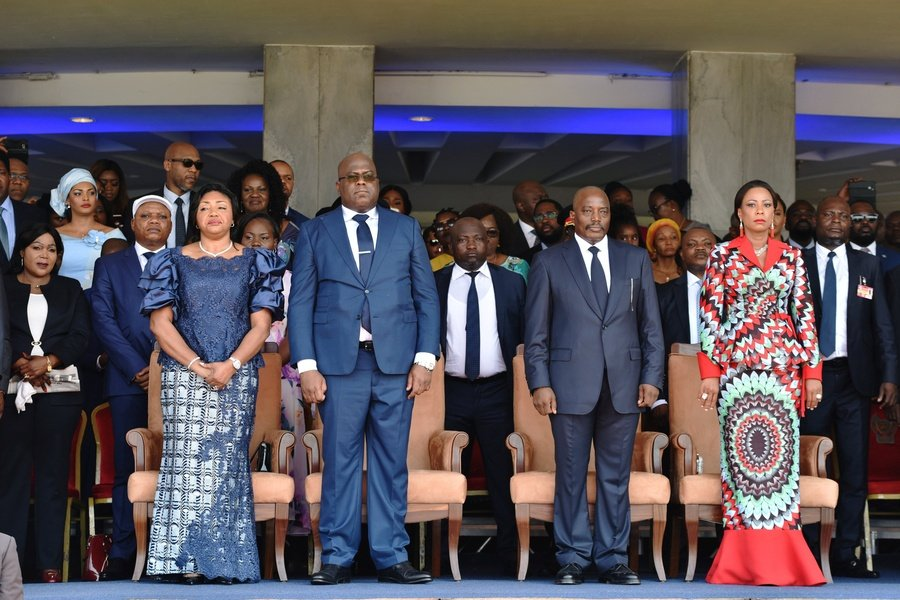Access to the Democratic Republic of Congo’s natural resources has been largely controlled by a privileged elite, fueling mistrust and violence between competing groups.
For people around the world, the past few years have painfully illuminated the toxic effect that mistrust, an inability to access reliable facts, and resulting conspiratorial thinking have on social cohesion and governance. For the people of the Democratic Republic of Congo, this is familiar territory. The tremendous potential of their vast country has, for decades, gone unrealized. Major powers are ever-more aware of Congo’s importance as they jockey for access to Congolese minerals vital to a clean energy transition and wake up to the global importance of Congo’s carbon sinks. But the will of the Congolese people—and their ability to determine the course of their country—remains stifled. The country continues to suffer from weak, sometimes predatory governance that both breeds and feeds off of a lack of trust and a dearth of verifiable information.
Unfortunately, many of the latest developments in the country appear to be moving in the wrong direction. The impression of hidden agendas persists, stoking beliefs that spoils are being distributed in the shadows. The sacking of Jean-Marc Kabund, who had been serving as the leader of President Felix Tshisekedi’s political party, and the arrest of Francois Beya, the president’s security advisor, have fueled rumors of dark plots and shifting allegiances; little has been done to clarify the circumstances surrounding their departures. The government’s apparent concern about former President Joseph Kabila and his family’s activities in South Africa prompted additional speculation, as have the sketchy details of Kinshasa’s apparent settlement with the controversial Dan Gertler, an Israeli businessman sanctioned by the United States for corrupt deals in the DRC. All of these eyebrow-raising developments have come to light without real transparency, making it easy to graft different narratives onto the fragments of information that are available. The opacity of Congolese business and politics reinforces the idea that authorities in the DRC are more interested in elite power games than the needs of their people.
Meanwhile, insecurity persists in the east, where civilians are targeted by armed groups despite the presence of UN peacekeepers. Neither the Ugandan military’s deployment into eastern DRC, intended to root out cross-border insurgents that target civilians, nor the Congolese government’s months-long declaration of a “state of siege”—similar to martial law—in the area have improved citizens’ confidence that authorities can keep them safe. Years of failed and often counterproductive efforts to bring a modicum of security to the people of the region have, understandably, fueled suspicions about who gains from the violence, and whether anyone truly has the interest of the Congolese population at heart.
This backdrop of mistrust and intrigue does not lend itself to confidence in the electoral exercise slated for 2023. That election should be better than the deeply flawed one that preceded it in 2018. The Congolese people have proven to be extraordinarily resilient and persistent in their pursuit of better governance. But democratic governance depends upon a degree of popular trust in institutions and in the integrity of the electoral process. Based on first months of 2022, it is difficult to imagine that these vital ingredients will be in ample supply in the Democratic Republic of Congo anytime soon.

